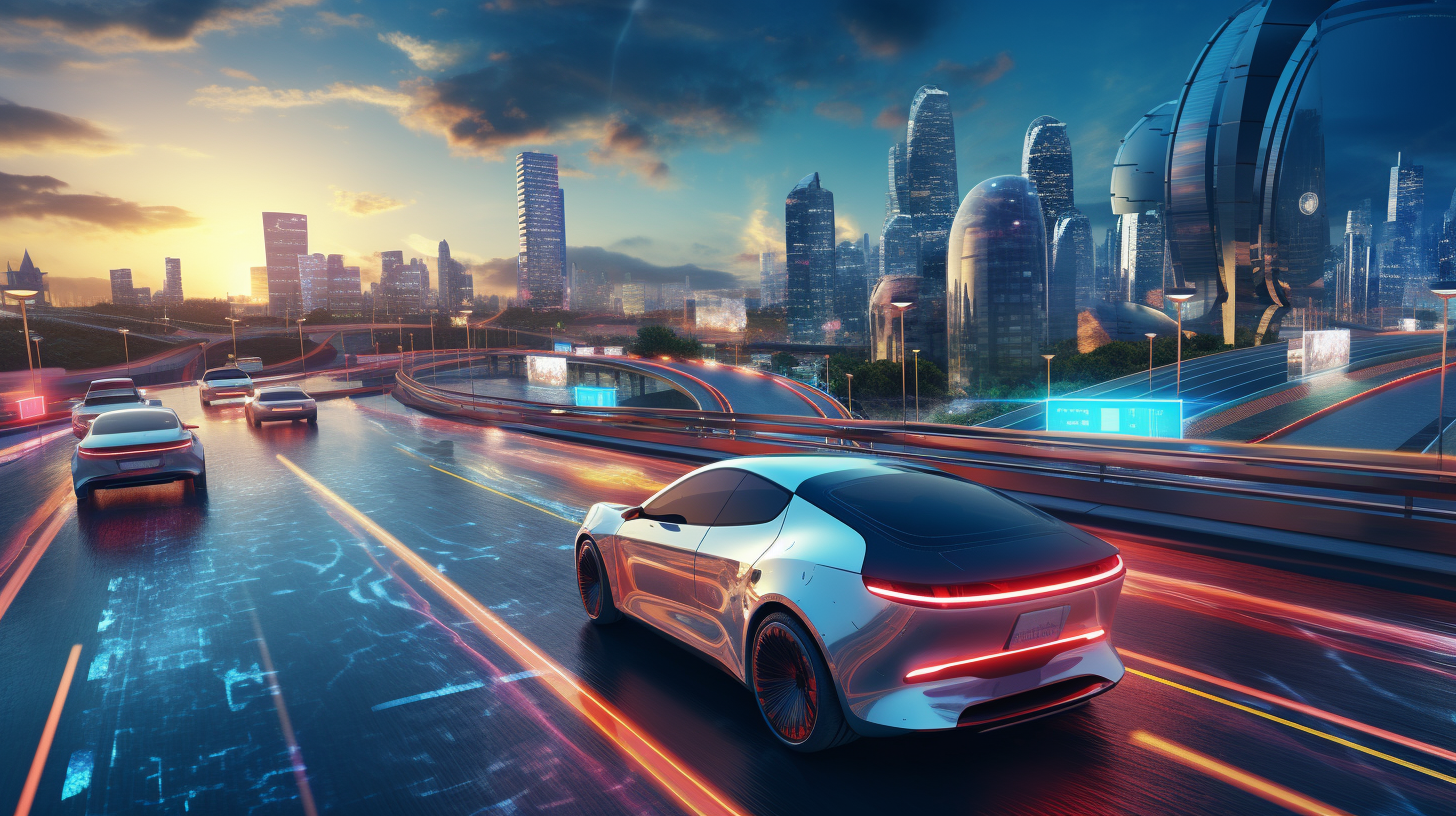
AI In The Automotive Industry: Autonomous Vehicles And Smart Systems
You're on the brink of a driving revolution. Imagine a world where your car's smarter than you, predicting needs and preventing accidents. That's the power of AI in the automotive industry.
It's reshaping car manufacturing, optimizing vehicle performance, and ushering in a new era of autonomous vehicles. But what are the ethical and legal implications?
Buckle up, as we delve into a future where smart systems rule the road.
The Impact of Intelligence Technology on Car Manufacturing
You're now seeing how intelligence technology is revolutionizing car manufacturing, aren't you? It's not just about self-driving cars anymore. It's about every aspect of the process.
AI is stepping in to streamline production, reduce waste, and improve quality. It's predicting maintenance needs before they become problems, and it's fine-tuning designs for optimal performance and efficiency.
You're likely marveling at the speed and precision of robotic arms on the assembly line, all guided by AI. You're probably amazed at the 3D printed parts, tailored to exact specifications by intelligent software. And you can't help but appreciate the safety features, like automatic braking and lane-keeping assist, that AI has made possible.
It's clear, isn't it? Intelligence technology isn't just changing car manufacturing, it's driving it forward.
The Role of Machine Learning in Vehicle Performance Optimization
In optimizing vehicle performance, machine learning plays a pivotal role. It's capable of processing vast amounts of data and making predictions to enhance efficiency. Imagine your car adjusting its speed based on traffic patterns or self-diagnosing mechanical issues before they become serious. That's what machine learning can do.
It can analyze your driving habits, optimizing fuel consumption and reducing wear and tear. This technology isn't just for autonomous vehicles, either. Even if you're behind the wheel, machine learning can offer real-time advice on improving your driving. It's like having a personal driving coach who's constantly learning and adapting to your style.
Advanced Safety Features Enabled by Intelligent Computing
Advanced safety features enabled by intelligent computing are now essential components in modern cars. They enhance the driver's safety and make the roads safer for everyone. These features aren't just nice-to-haves; they are here now, thanks to intelligent computing.
Imagine this scenario: you're cruising down the highway when suddenly, your car alerts you about a potential collision and automatically applies the brakes. That's the power of AI.
Or consider another situation: you're trying to change lanes, but there's a vehicle in your blind spot. No worries, your car's got your back, alerting you before you make a dangerous move.
These AI-enhanced safety features are not science fiction. They are real and available, reducing accidents, protecting you, and making life on the road a lot safer. You're not just driving a car; you're experiencing the future of safety.
The Future of Self-Driving Cars
Looking ahead, self-driving cars aren't just a futuristic concept, they're becoming a reality, promising to revolutionize the way we travel. Imagine a world where you can kick back and relax as your car chauffeurs you to your destination. These AI-powered machines could reduce traffic, improve fuel efficiency, and even solve parking problems.
However, it's not all rosy. There are concerns about hacking, software glitches, and job losses for drivers. But remember, every technological advancement comes with its own set of challenges. It's all about how we manage them.
The future of self-driving cars is exciting, but it's a journey we're still embarking on. So, buckle up because the road to fully autonomous vehicles is going to be an interesting ride!
Ethical and Legal Considerations of Intelligence Technology in Transportation
You've got to think about the ethical and legal implications when it comes to incorporating intelligence technology in transportation. What if an autonomous car faces a scenario where it must choose between hitting a pedestrian or swerving into oncoming traffic? Who's responsible in this situation – the car's manufacturer, the software developer, or the car's owner?
Also, consider the legalities. Current laws don't fully address issues around self-driving cars. Who's liable in an accident if no human is driving? And what about privacy and security? These cars collect tons of data which could be vulnerable to hacking.
It's not all doom and gloom though. Autonomous vehicles have the potential to revolutionize our roads, reducing accidents and improving traffic flow. But you can't ignore these ethical and legal challenges. They're as crucial as the technology itself.
Conclusion
You've seen how AI is revolutionizing the automotive industry. From manufacturing to performance optimization, safety features, and autonomous cars, the future is here.
However, with great innovation comes great responsibility. Ethical and legal considerations can't be ignored. It's an exciting journey, but it's crucial to navigate it wisely.
Buckle up, the road to the future of transportation is full of surprises!
t writing here...